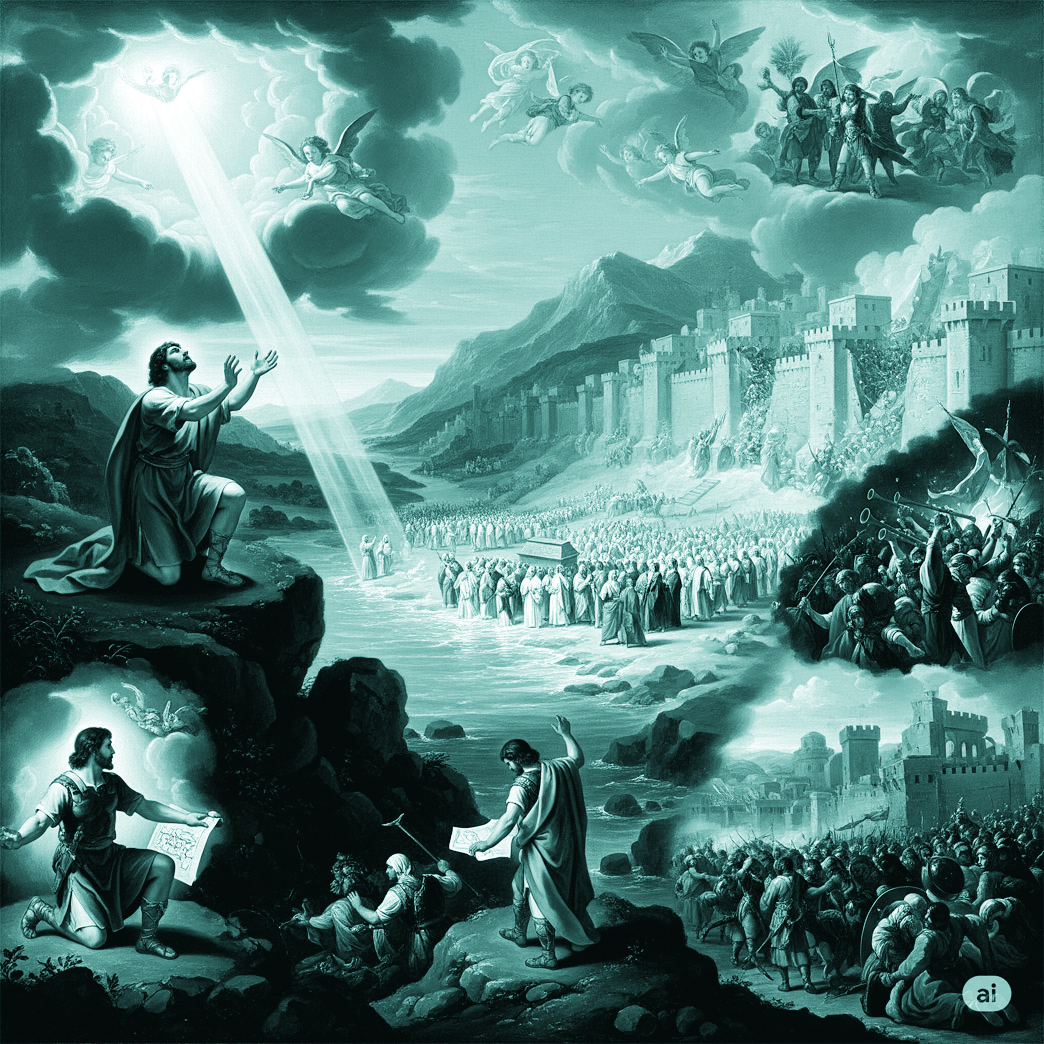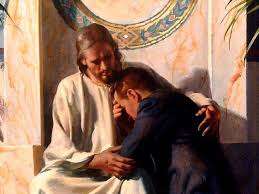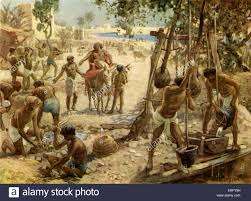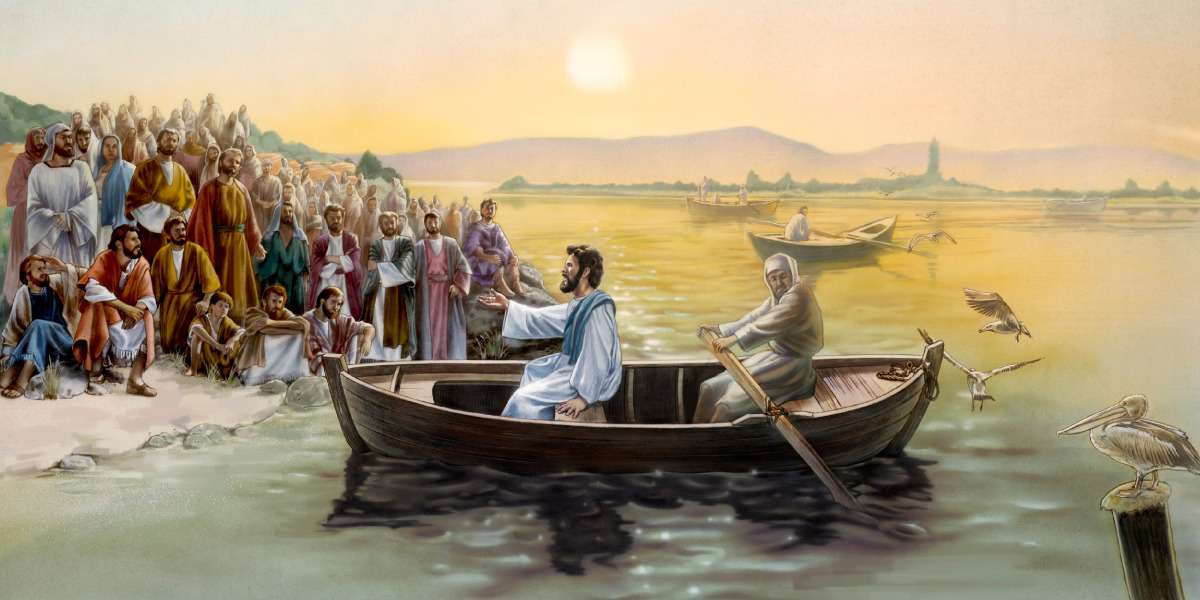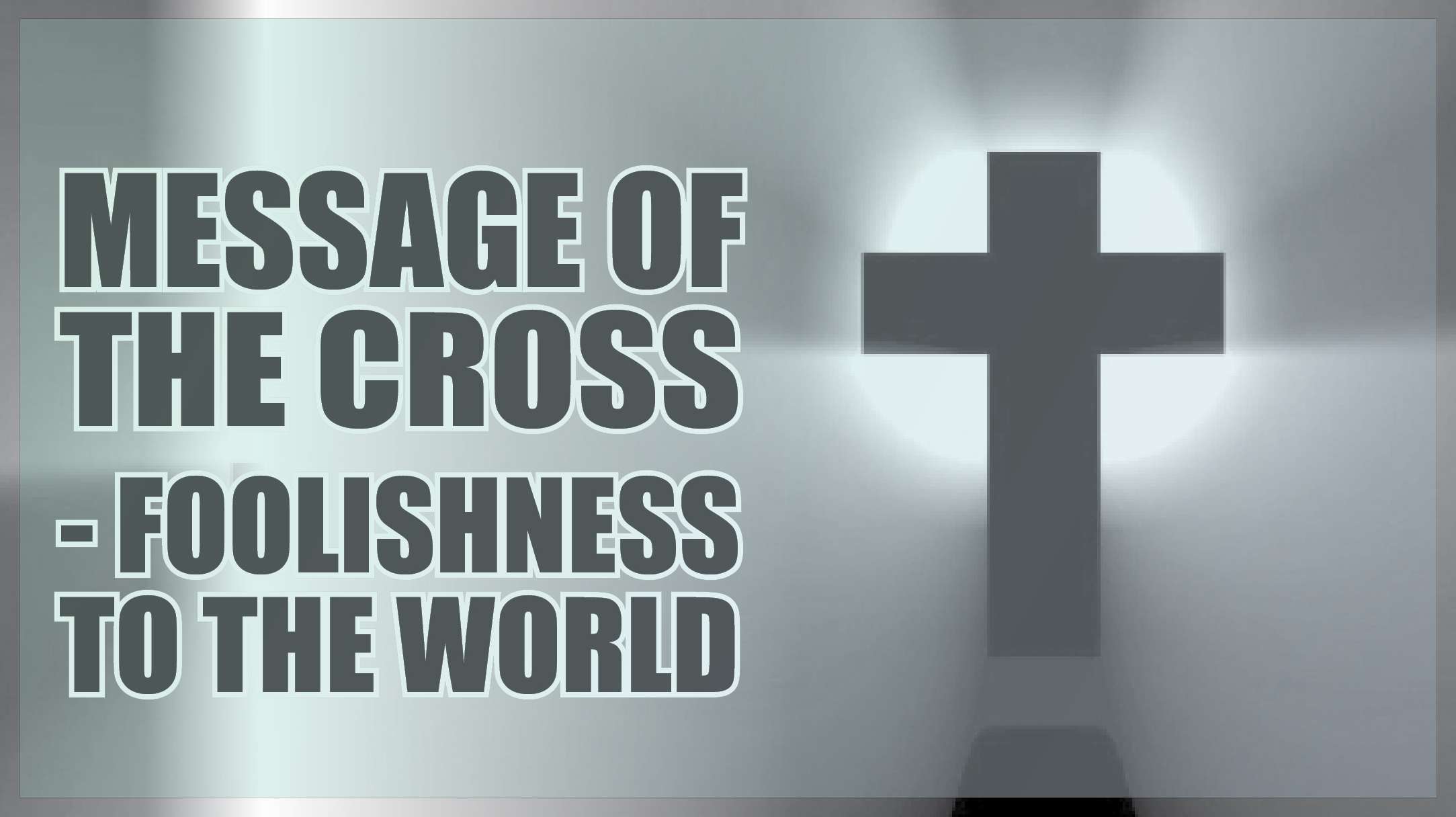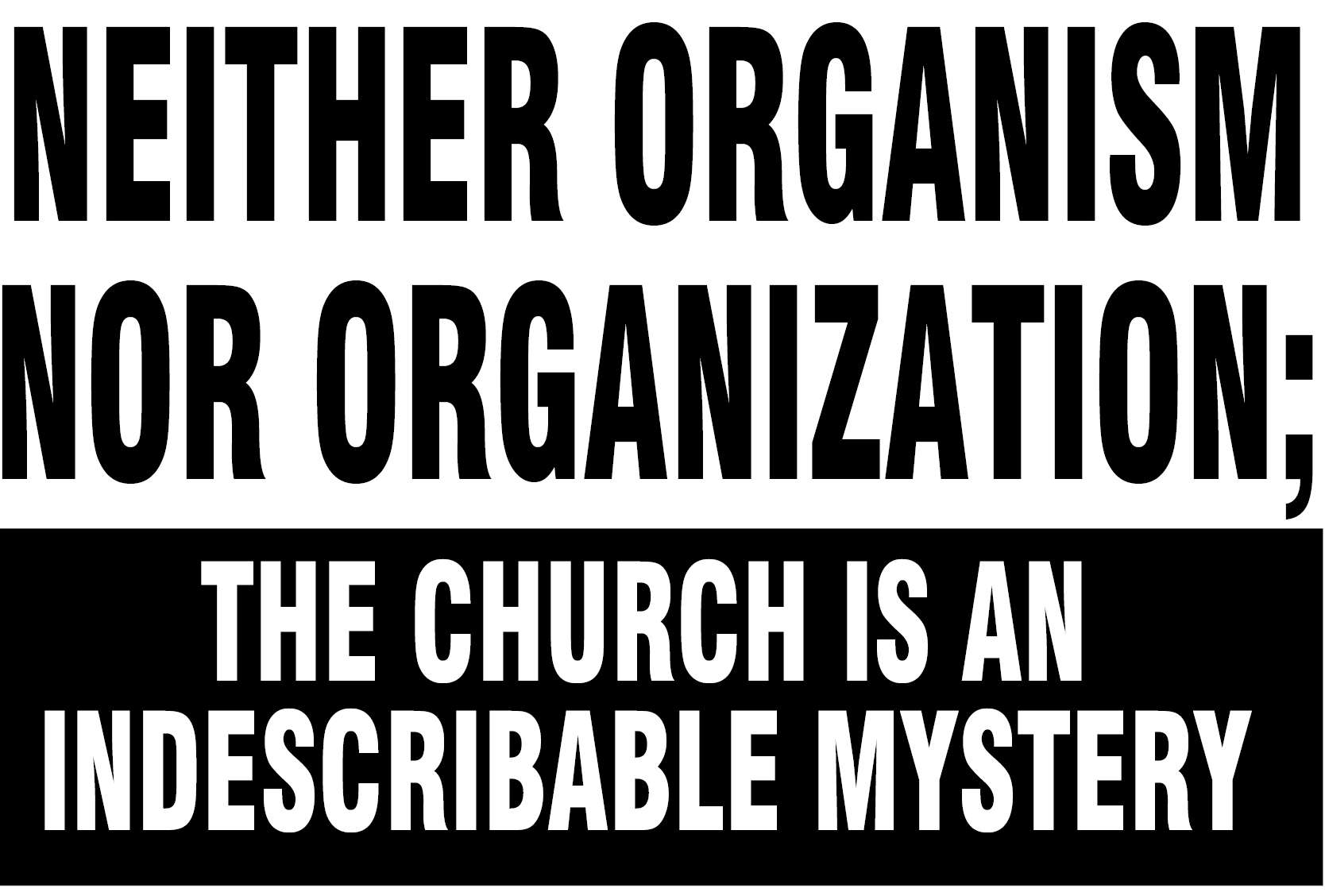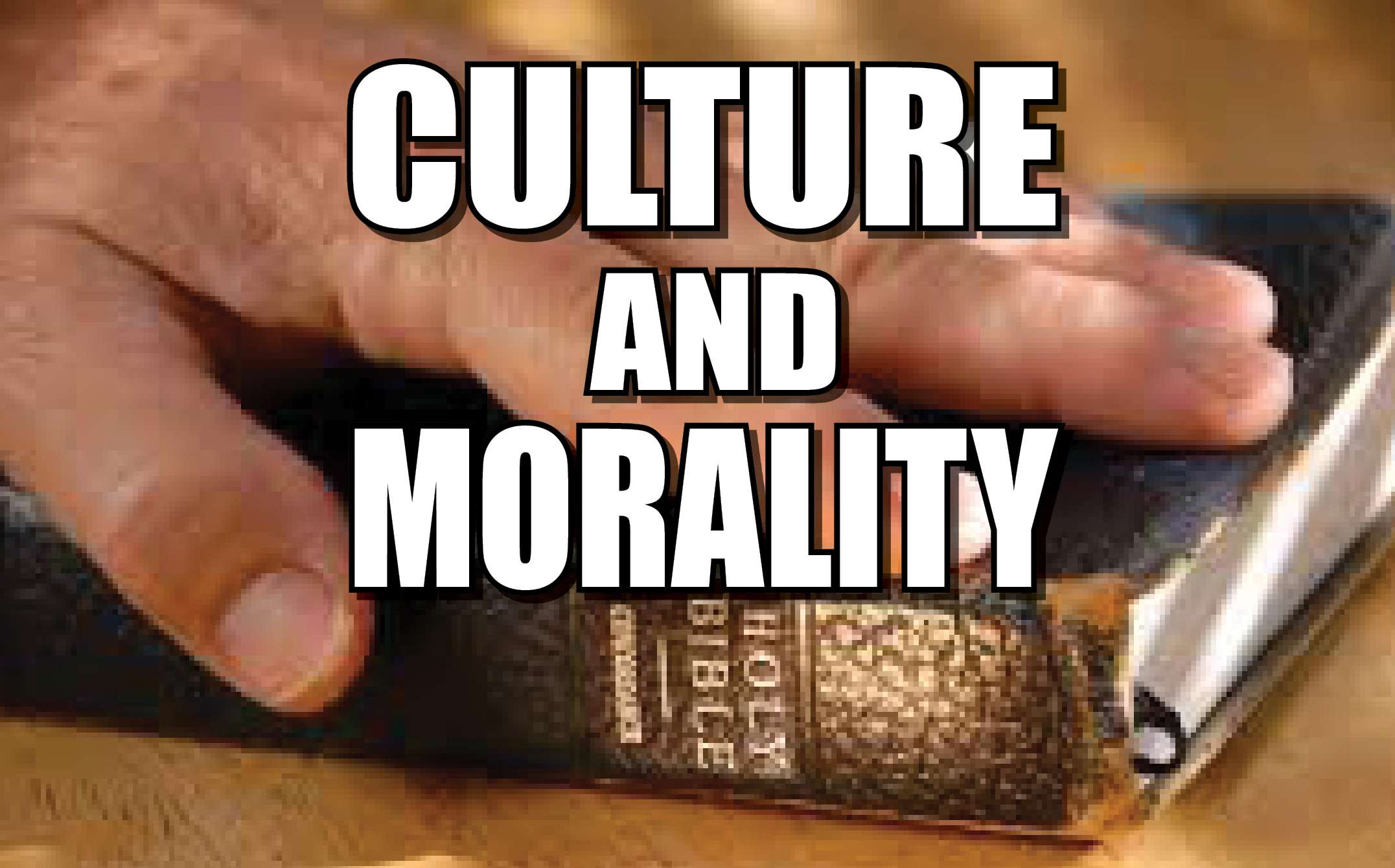

Christian, Church and India
Dr. J. N. Manokaran
India is a vast country with a huge population. It is diverse in culture, language, food and beliefs. Christians are a minority, but have contributed greatly for the nation building. In fact, Christianity in India is older to several European and American religions as St. Thomas, one of the twelve disciples of Lord Jesus Christ came to serve in India. There has been continuous presence of Christian community since first century in India.
India is a Republic, with a democratic and political environment. According to the Constitution of India, the nation is a secular country, where all religions are considered equal. However, there is always criticism by some fringe elements, who habitually question the loyalty and patriotism of minorities including Christians. In some parts of the country this is very loud and in some part just whispers.
Nation is sacred
Humanity was scattered after the failure of human endeavour to be concentrated in one place by building a Tower. “From one man he made all the nations that they should inhabit the whole earth; and he marked out their appointed times in history and the boundaries of their lands” (Acts 17:26).Israel was a model nation. God chose Abraham and his descendants. They went through the collective experience of being slaves in Egypt. Then Moses delivers them with great power and provides them the Law and the Covenant. Vishal Mangalwadi writes: "No culture in history ever required it's slaves, brick makers and shepherds to read and write." A nation is formed by the law, literature and culture.
Vishal Mangalwadi writes: "Why don’t Hindus hurt cows? Because they consider cows “sacred”. Why do most Indian politicians and civil servants rob their nation and individuals? Why do most businessmen cheat their nation by evading taxes? Because we don’t believe that “nation” is sacred. The nation, several generations of Indians have been taught, is merely an accident of mindless, meaningless history."
Biblical Understanding of Democracy
However, the key verse to understanding democracy is: “For the Lord is our judge, the Lord is our lawgiver, the Lord is our king; it is he who will save us.” (Isaiah 33:22) The Israelites were under God who was their Judge, Lawgiver and King. Democracy springs out of these three words. The three pillars of democracy are: The Parliament (Lawgiver), The Executive (King) and The Judiciary (Judge). The three functions in a democracy were fulfilled by God Himself for the Israelites. In the secular world, these functions are fulfilled by human leaders.
Tainted Human Institutions
Human institutions are always tainted by sin as human being is a fallen creature. However noble the institution could be, they are tainted with sin, corruption and immorality. No human institution could be perfect. A good example is the Church which is imperfect. Therefore, we witness corruption, casteism, nepotism and other sins within the Church. Therefore, the three functions in the democracy ought to be different. Unlike monarchy where the king takes all the three roles, democracy has three different leaders. In monarchy, the law was king’s word even if uttered according to his selfish motives or whims and fancies. The king in a monarchy was also the chief executive and also the arbitrator or judge. Hence, monarchy was not a dynamic option. The nations that experienced democratic institutions progressed while nations with monarchy stagnated.
Checks and Balances
Since, human beings are fallen sinful beings, the institutions they touch also becomes corrupt and sometimes evil and wicked. There is a need for ‘checks and balances’ to make individuals and systems accountable, just and progress oriented. So, in a democracy the Parliament, the Legislature and the Judiciary are interdependent and they are mutually accountable. The Parliament cannot pass a law that violates the basic tenets of the constitution or executive cannot introduce a ruling or create an institution that violates the constitution. The Judiciary can overrule a law that violates the basic tenets of the Constitution like the Fundamental rights.
Nationalism based on righteousness
"Righteousness exalts a nation, but sin is a reproach to any people." (Proverbs 14:34) Righteousness is doing what is pleasing, right and true before God. A nation should stand for truth and righteousness. Christians believe in a nationalism that is righteous and pleasing before God. The Church could be persecuted for standing for truth and righteousness. Even in India.
Jews chose Barabbas because of misguided nationalism. When Pilate gave the choice of choosing a prisoner to release as annual celebration; instigated by Priests and Jewish religious leaders Jews chose Barabbas. Indeed, Barabbas represented hatred, lawlessness, violence, revenge, and rebelliousness. Misguided nationalism is dangerous to a nation. The Church provides leadership in teaching right kind of nationalism that is true and righteousness.
Nationalism loves justice
Ahab was not a righteous king. He desired to take the inheritance of Naboth for himself, which he was not willing to give. Ahab and his wife Jezebel conspired to make false allegations against Naboth and executed him. That was travesty of justice - unlawful takeover of property, owner was summarily executed by goons. Elijah confronted Ahab. The Church has the responsibility to rebuke the nation when such travesty of justice happens.
Nationalism based on Truth
The Church practices nationalism that is based on Truth. The Bible is the Word of God and is truth. Lord Jesus Christ is the Truth. Nationalism should be based on truth revealed in the scripture. All people are created equal according to the Bible. The Church rejects any idea that states that people are created unequal - like the hierarchy of castes. Similarly, the status of woman is subordinate and demeaning in many cultures. The Church stands for the rights of women, dignity of women.
Nationalism based on Love
True nationalism is based on love and not on hate or revenge. Hatred to some people, who are different because of religion, or caste, or economic status or education has to be opposed. Lord's parable of Good Samaritan teaches how he was Great, that he crossed all boundaries of religion, race, class, nationality and helped the dying man. (Luke 10:25-37) The Church exemplifies nationalism that is defined by love of God and not hatred of people. Narrow minded nationalism that claims superiority over others are not based on love.
Nationalism and language
The Church affirmed a culture by providing the Bible in their language. The Global Church involved in missions in India, translated the Bible into several Indian languages. Almost all major languages of India has their language renewed and rejuvenated by the work of missionaries, who wrote the grammar books and dictionaries of those languages. In spite of, several years of independence, no Indian language has developed to have higher education in science, medicine, technology, management or finance.
Inclusive nationalism
The Church believes in inclusive nationalism. There are always some people who like to exclude genuine people of a nation in the name of religion or race or ethnicity or language or caste. Esther confronted the conspiracy of Ethnic cleansing by Haman with spiritual weapons of prayer and fasting and wise food diplomacy.
Christian Role in the nation
Christians recognize the Sovereign authority of God, Nations are God creation, contribute for Nation Building and are spiritual and moral influence over the nation. Christians believe that the Constitution is the governing document, under the authority of God. When the nation violates God's basic tenets; The Church functions as the Prophetic Voice.
1. Nation building: The Christians and the Indian church should be actively involved in nation building. In fact, moved by the love of God and the Spirit of God, Christians can do unique contribution for the nation. There are opportunities in the field of education and medicine. Somehow, Christians have not done enough in these two fields. Earlier Christians were in the forefront, now many opportunities have been lost. For example, India needs 300 more medical colleges. Christians, group of Christian medical professionals, and denominations could take this challenge and contribute. There are other needs that could be easily identified. Old age homes are needed in many parts of the nation.
2. Spiritual and moral influence: The Christians are light to the spiritually dark world. Today, there is lot of confusion in the areas of ethics. The secular world is not able to take right kind of decisions. The Church that has the Word of God, should be able to articulate biblical standards and worldview to the world. For example, 'live-in-relationship' is accepted by the media, even courts. Promoting biblical worldview is important for the Church in India.
3. Prophetic Voice: The Church is the prophetic voice of the nation. There are policies taken by Government that is not beneficial to many people. There are policies that favours elitism, or a group of people with vested interests. The Church should voice the concern on behalf of the oppressed, marginalized, and exploited masses. There are people who could be fewer in number, but excluded from Government programmes and systems. The Church should speak on behalf of them.
Challenge
Christians are true nationalists who stand for truth, justice, righteousness and right of all people. Historically, the Indian Church has contributed to nation building by sowing the seeds of nationalism by providing the Bible, teaching human values and demonstrating Christ's love in action. The Church has been the voice of the voiceless, oppressed and marginalized. The Church could be persecuted for this noble stand, but that cannot silence or eliminate the Church from nation building. In fact, the church should willingly face and accept persecution for doing the Will of God in the world.

